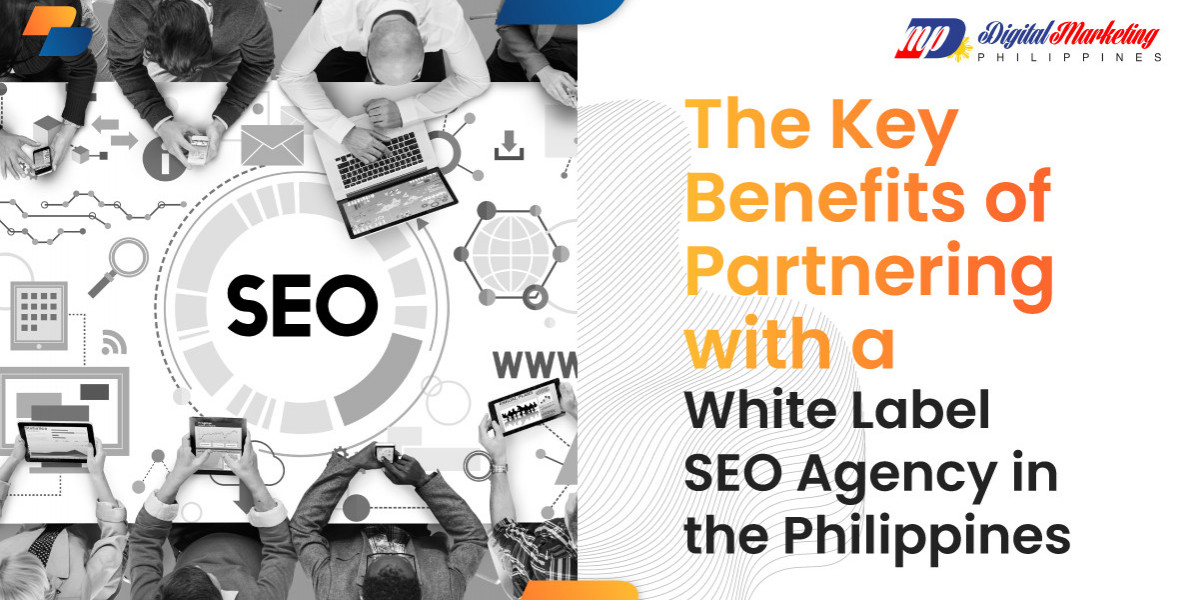As healthcare becomes increasingly digital, users expect more than just conveniencethey demand integration. From managing chronic conditions to filing insurance claims, todays patients and policyholders seek connected, intuitive experiences. The convergence of healthcare and insurance technology is no longer a trend; its a necessity. At the core of this transformation are two powerful players: the
As healthcare becomes increasingly digital, users expect more than just conveniencethey demand integration. From managing chronic conditions to filing insurance claims, todays patients and policyholders seek connected, intuitive experiences. The convergence of healthcare and insurance technology is no longer a trend; its a necessity. At the core of this transformation are two powerful players: theHealthcare app development companies and the insurance app development company.
When these domains work together, they form a digital ecosystem that delivers faster care, smoother processes, and greater transparency. In this, we explore the rising importance of integrated care platforms and how the synergy between healthcare and insurance apps is redefining patient experience, provider workflows, and insurer efficiency.
Why Integrated Care and Insurance Apps Are Essential Today
Traditionally, healthcare and insurance have operated in silos. Patients would receive care, then independently navigate claim processes, often facing delays, confusion, or outright denials. These inefficiencies have long been a source of dissatisfaction and financial strain.
With rising healthcare costs, a growing demand for telehealth, and evolving user expectations, theres a critical need for solutions that combine healthcare app development with insurance app development. Integration bridges information gaps, streamlines workflows, and brings significant benefits:
Real-time access to care and coverage data
Faster and more accurate claims processing
Improved patient outcomes through holistic digital care
Better risk management for insurers and providers
The Role of Healthcare App Development in Connected Care
A modern healthcare app development company builds digital tools that cater to patients, providers, and administrators alike. These apps go beyond electronic health records or appointment scheduling. They become the digital touchpoint for end-to-end health management.
Key capabilities include:
Remote consultations and telemedicine
Health record storage and retrieval
Vitals monitoring and chronic disease management
Medication tracking and reminders
Lab result access and interpretation tools
These features are enhanced when integrated with insurance applications, allowing users to not only manage health but understand how that health status affects their coverage and costs.
How Insurance App Development Complements Healthcare Platforms
An experienced insurance app development company builds tools that simplify policyholder interactions and improve claim lifecycle efficiency. When aligned with healthcare apps, the benefits multiply.
Core insurance functionalities include:
Digital policy management
Claim submission and tracking
Coverage eligibility checks
Premium payment and notifications
Risk assessment and dynamic policy pricing
By integrating these features into healthcare apps or vice versa, users gain a comprehensive view of both their health and financial responsibilitieswithout switching between platforms or dealing with paperwork.
Key Features of Fully Integrated Healthcare Insurance Apps
What sets a truly connected platform apart is its ability to deliver seamless transitions between care and coverage. Here are the features that define successful integrations between healthcare and insurance applications:
1. Unified User Profile
A single user profile containing medical history, policy details, and payment preferences allows for seamless interaction across healthcare and insurance functions.
2. Automated Claims Generation
After a visit or procedure, the healthcare app automatically initiates the claims process, reducing delays and manual input.
3. Real-Time Coverage Verification
Before booking an appointment or filling a prescription, users can instantly verify if services are covered under their policy.
4. In-App Communication Channels
Secure messaging with healthcare providers, insurance agents, and support teams within the same app enhances communication and trust.
5. Integrated Billing and Payment
Invoices can be split between insurance and patient payments in real time, with transparent breakdowns and payment options.
6. Data Security and Compliance
Both healthcare and insurance sectors deal with sensitive personal information. Developers must build platforms with HIPAA, GDPR, and other regional compliance standards in mind.
Benefits of an Integrated Ecosystem for Users and Providers
By working with both a healthcare app development company and an insurance app development company, businesses can deliver a complete solution that benefits every stakeholder.
For Patients and Policyholders:
Fewer administrative burdens
Quicker claims reimbursements
Transparent out-of-pocket costs
Centralized access to care and policy information
For Providers:
Reduced billing errors
Easier claim verification
Faster reimbursement cycles
Streamlined revenue cycle management
For Insurers:
Real-time data for better underwriting
Enhanced fraud detection
Greater customer satisfaction and retention
Lower operational costs
Challenges in Integrating Healthcare and Insurance Apps
Despite the clear benefits, integrating these systems requires expertise and coordination. Common challenges include:
Data interoperability: Systems must speak the same language using standards like HL7, FHIR, or EDI.
User experience: Combining two complex systems can complicate UI/UX if not carefully designed.
Regulatory complexity: Developers must ensure compliance with multiple legal frameworks across health and insurance.
The key to overcoming these challenges is partnering with experienced development teams that understand both industries deeply.
Industry Use Cases: Real-World Examples
Chronic Disease Management Apps
Healthcare apps for diabetes or hypertension now include insurance coverage checks for medications, devices, and specialist visits.
Wellness-Based Insurance Models
Apps that track steps, sleep, and nutrition offer insurance discounts or rewards, promoting better health and customer engagement.
Hospital Networks and HMOs
Hospitals are offering apps that manage appointments, billing, and insurance claims in a single interface.
Telehealth Platforms
Apps now allow users to consult with doctors and immediately submit insurance claims, often receiving reimbursements in hours instead of weeks.
Future Trends in Healthcare and Insurance App Integration
1. AI-Powered Predictive Coverage
Using health data to proactively suggest suitable insurance plans or coverage upgrades.
2. Blockchain for Claims Transparency
Blockchain-powered systems may soon log every transaction, eliminating disputes and accelerating claim approval times.
3. Behavior-Based Premium Adjustments
Real-time health tracking may influence premiums dynamically, making insurance more fair and personalized.
4. Cross-Sector Digital Health Ecosystems
Hospitals, payers, fitness brands, and wellness apps are all converging to offer unified user experiences.
Conclusion:
The Future Is Integrated, Personalized, and Digital
As digital transformation accelerates in healthcare and insurance, integration is no longer optionalits expected. Todays users want a single app that understands their health needs, shows them their coverage, and helps them act quickly and efficiently.
A forward-thinking healthcare app development company plays a critical role in designing these experiences, while an expert insurance app development company ensures that policies, claims, and costs are just as seamless. Together, they dont just create appsthey create complete digital health ecosystems.










